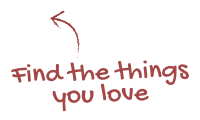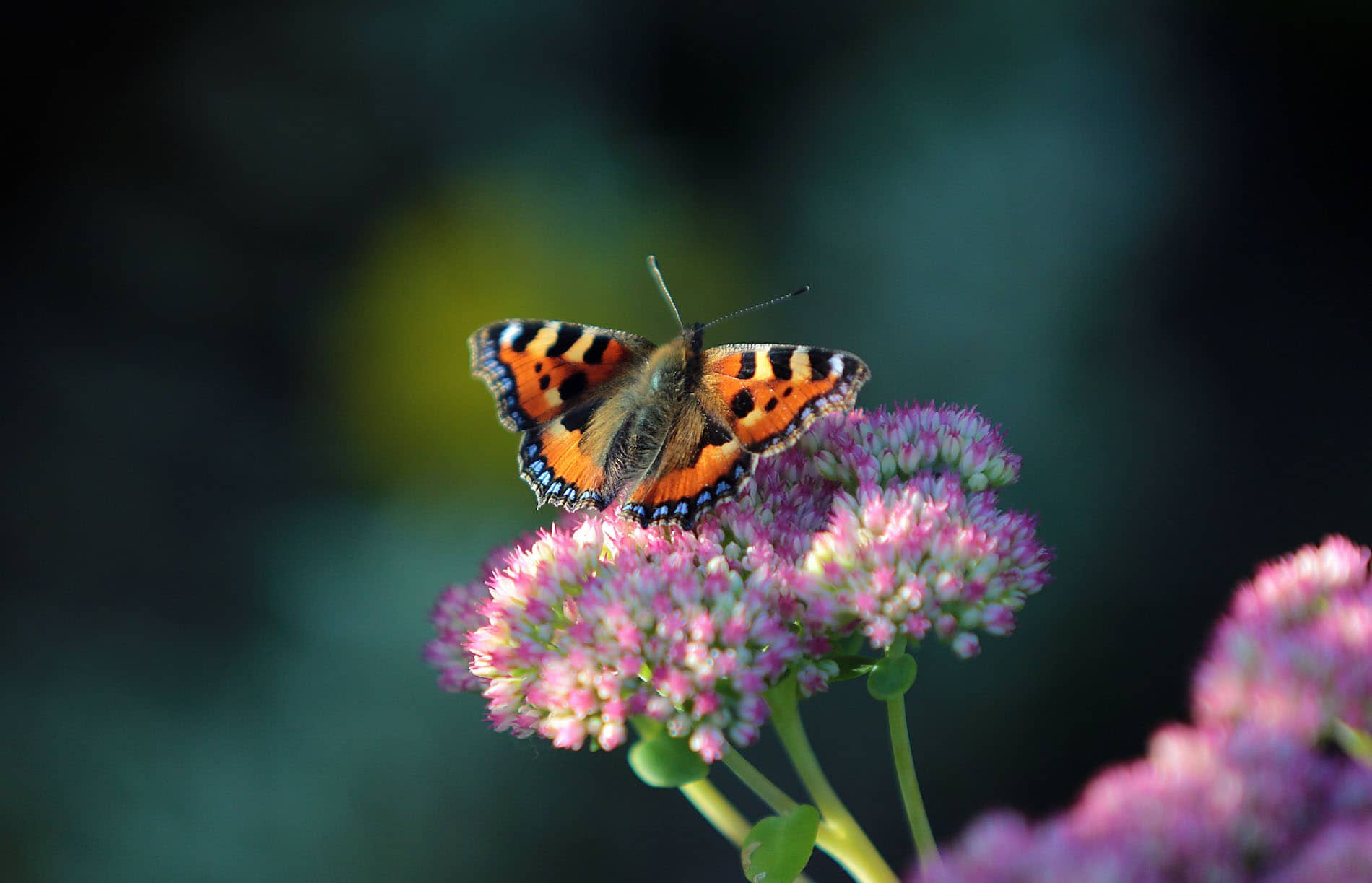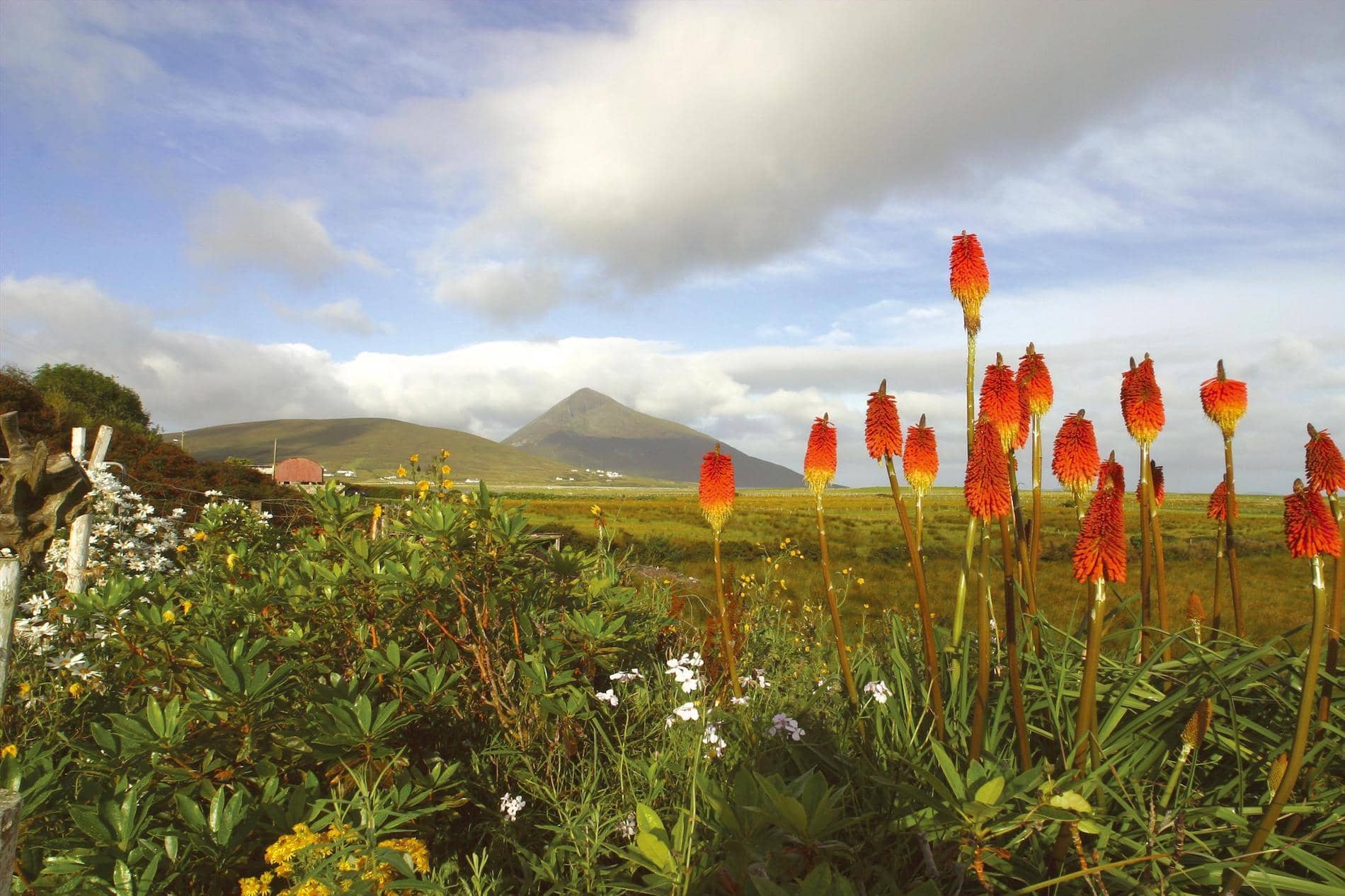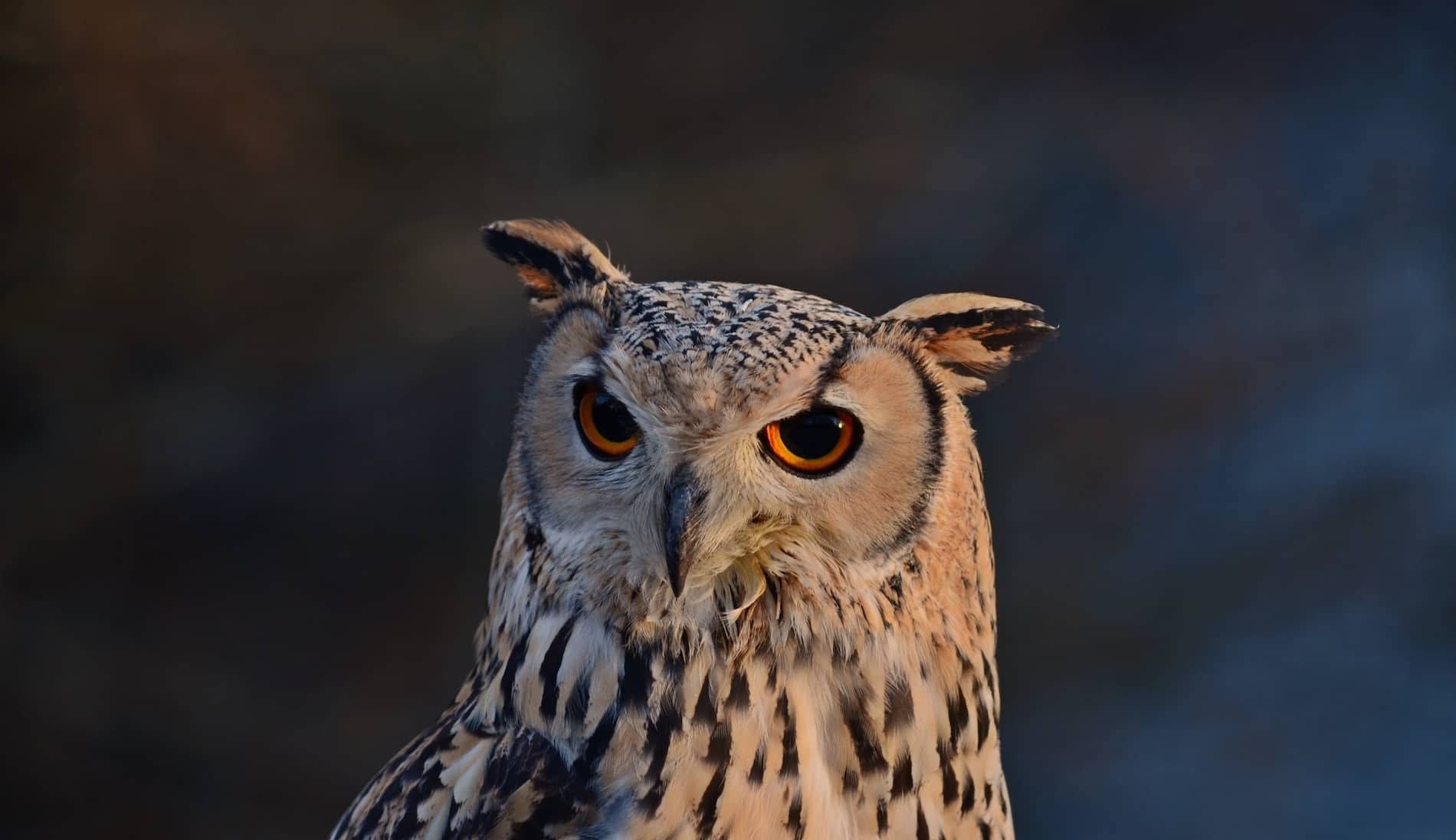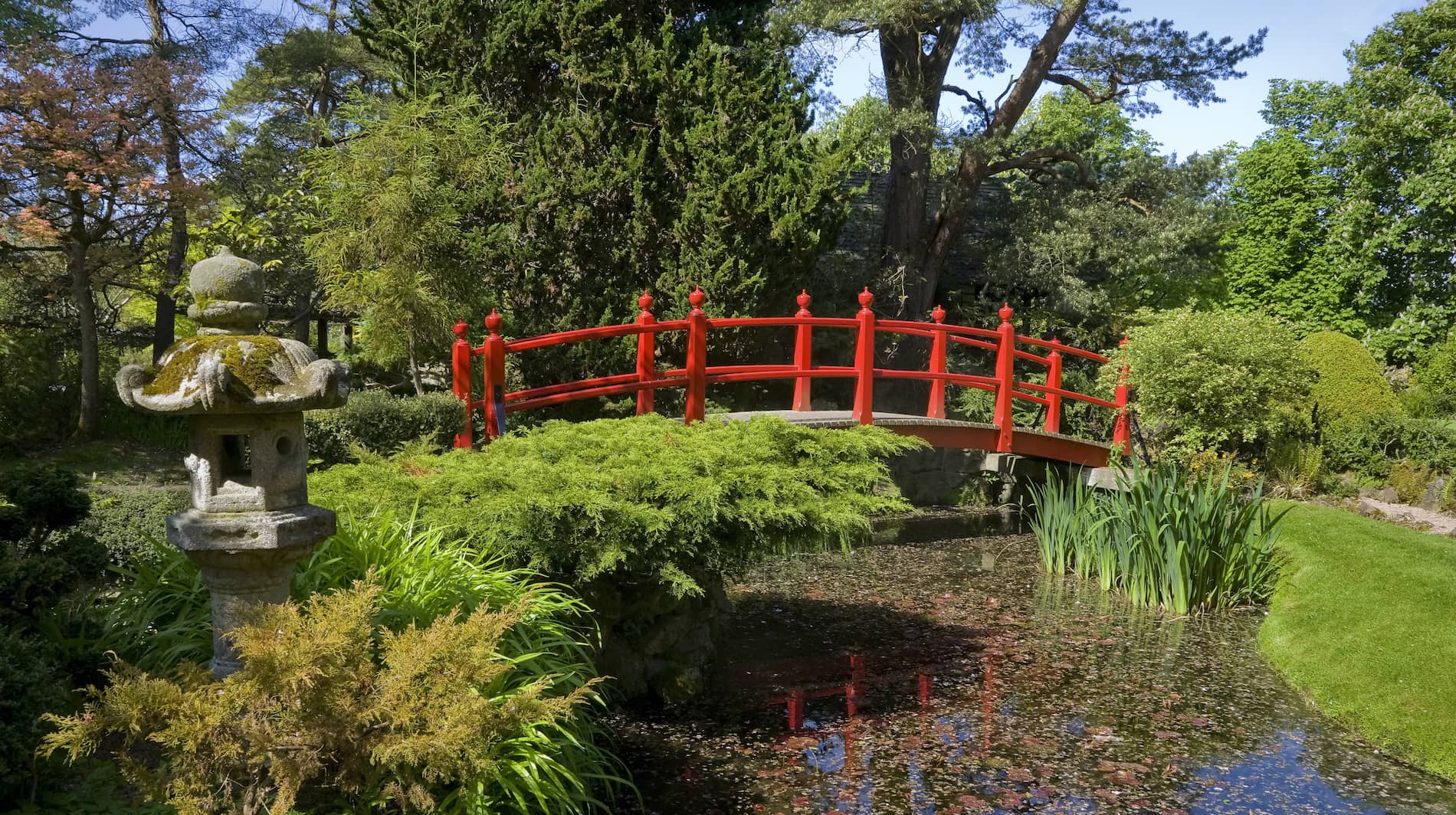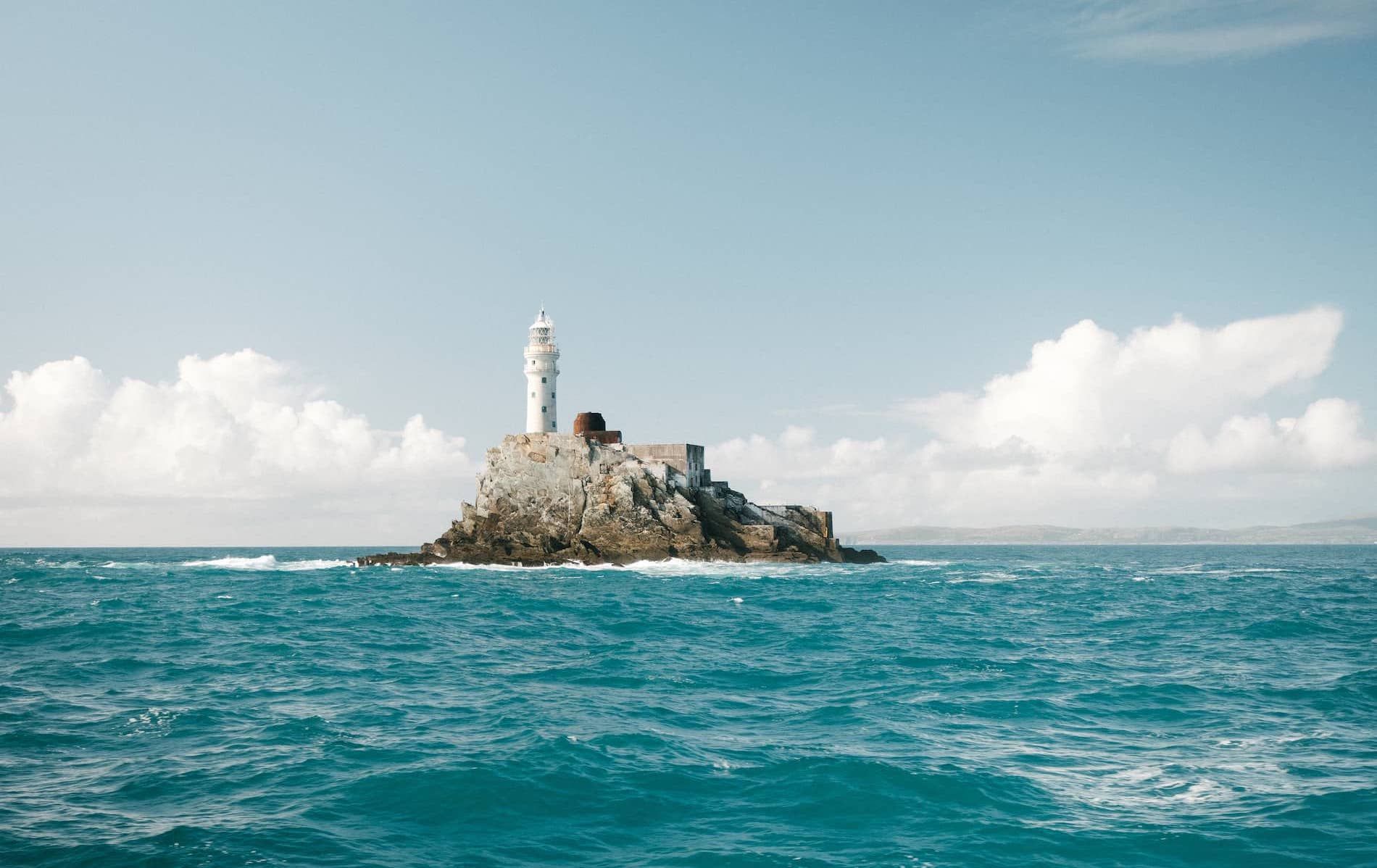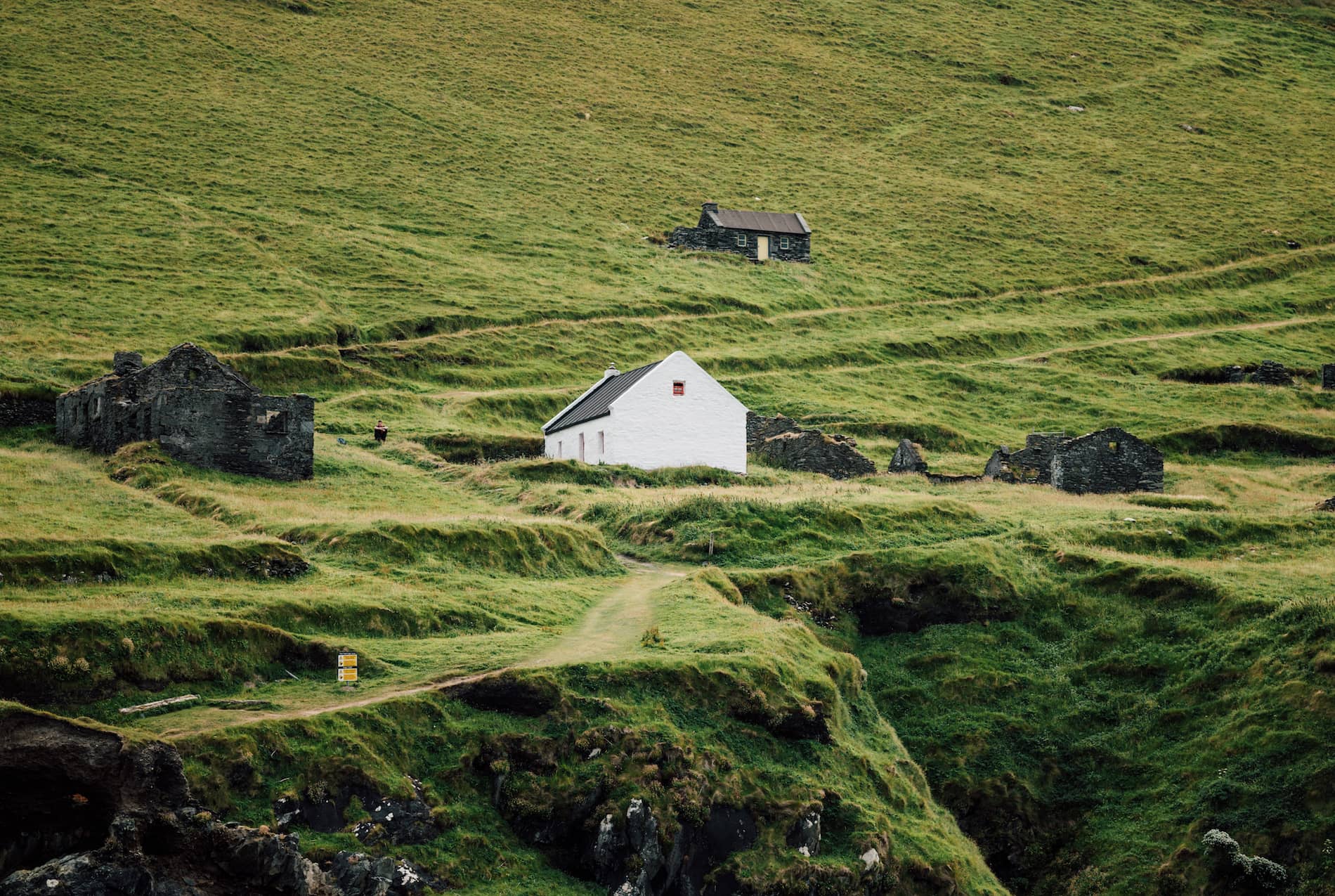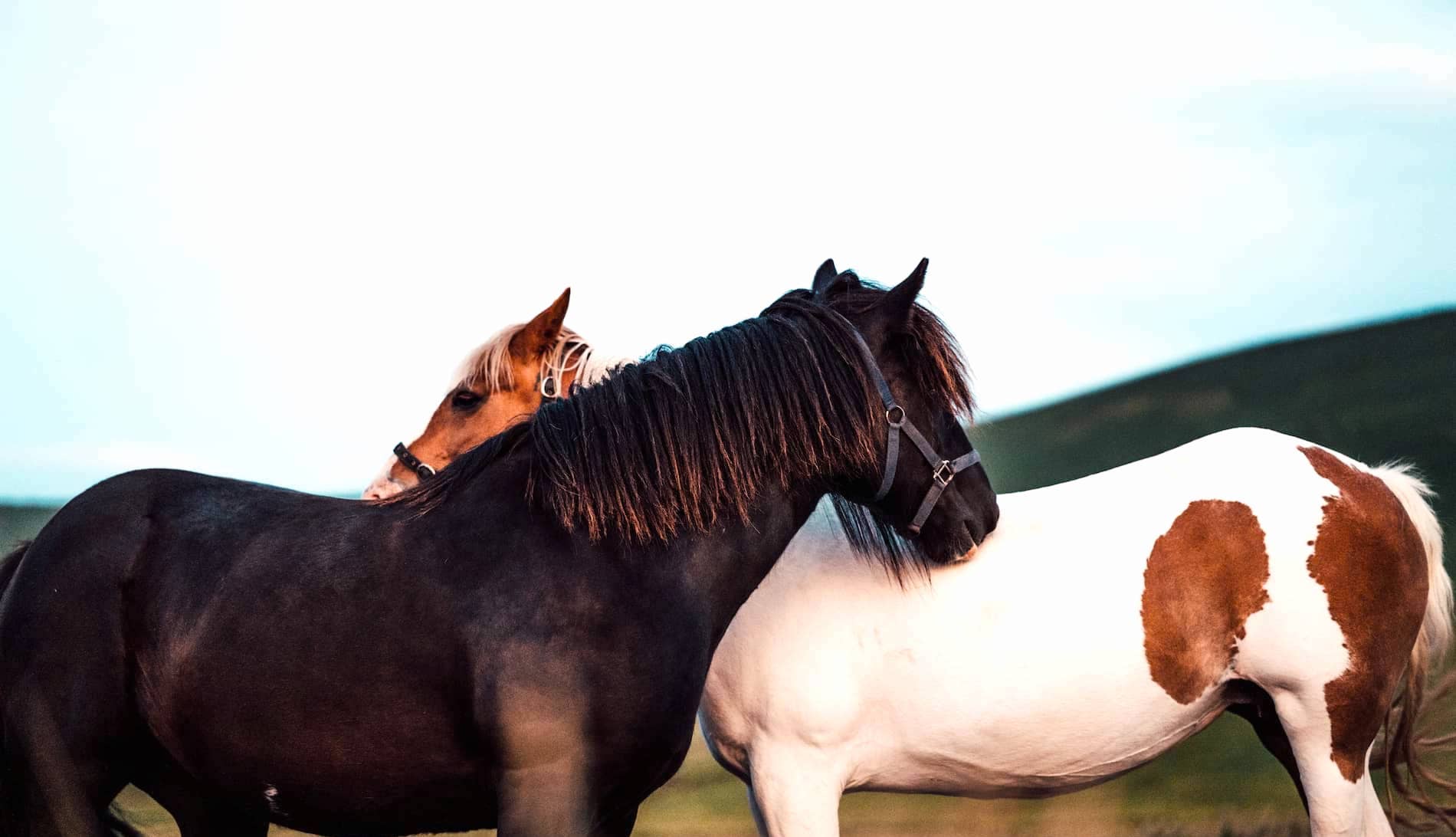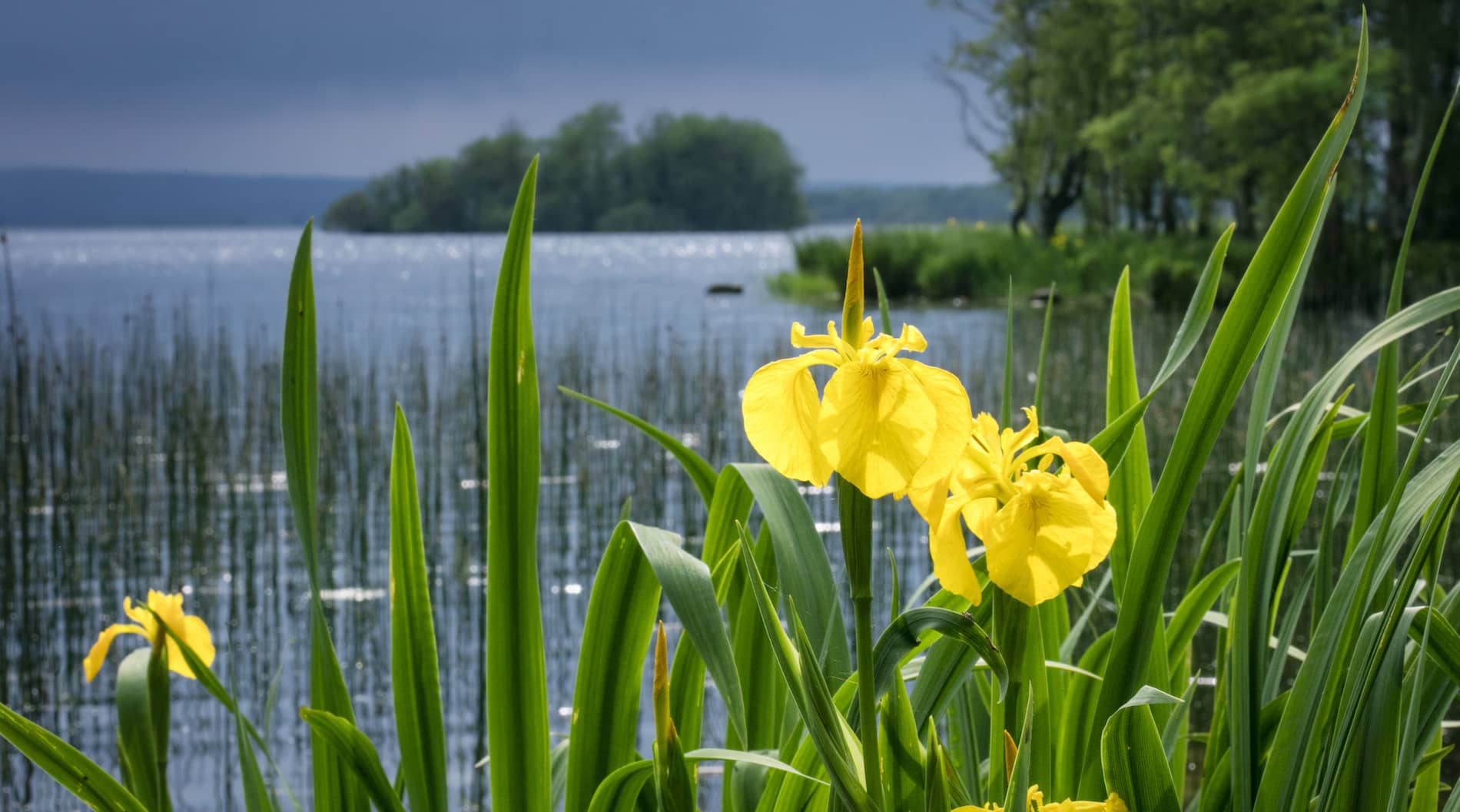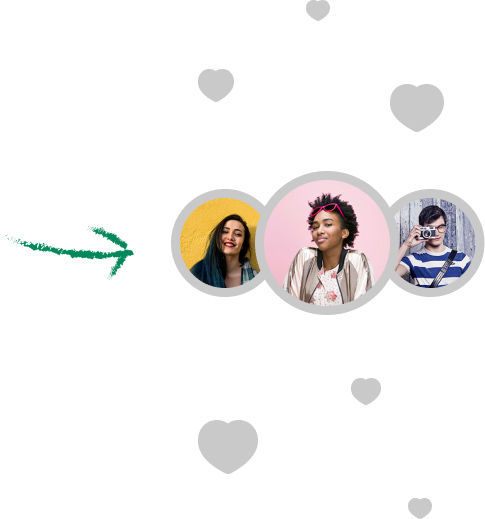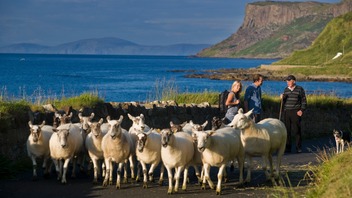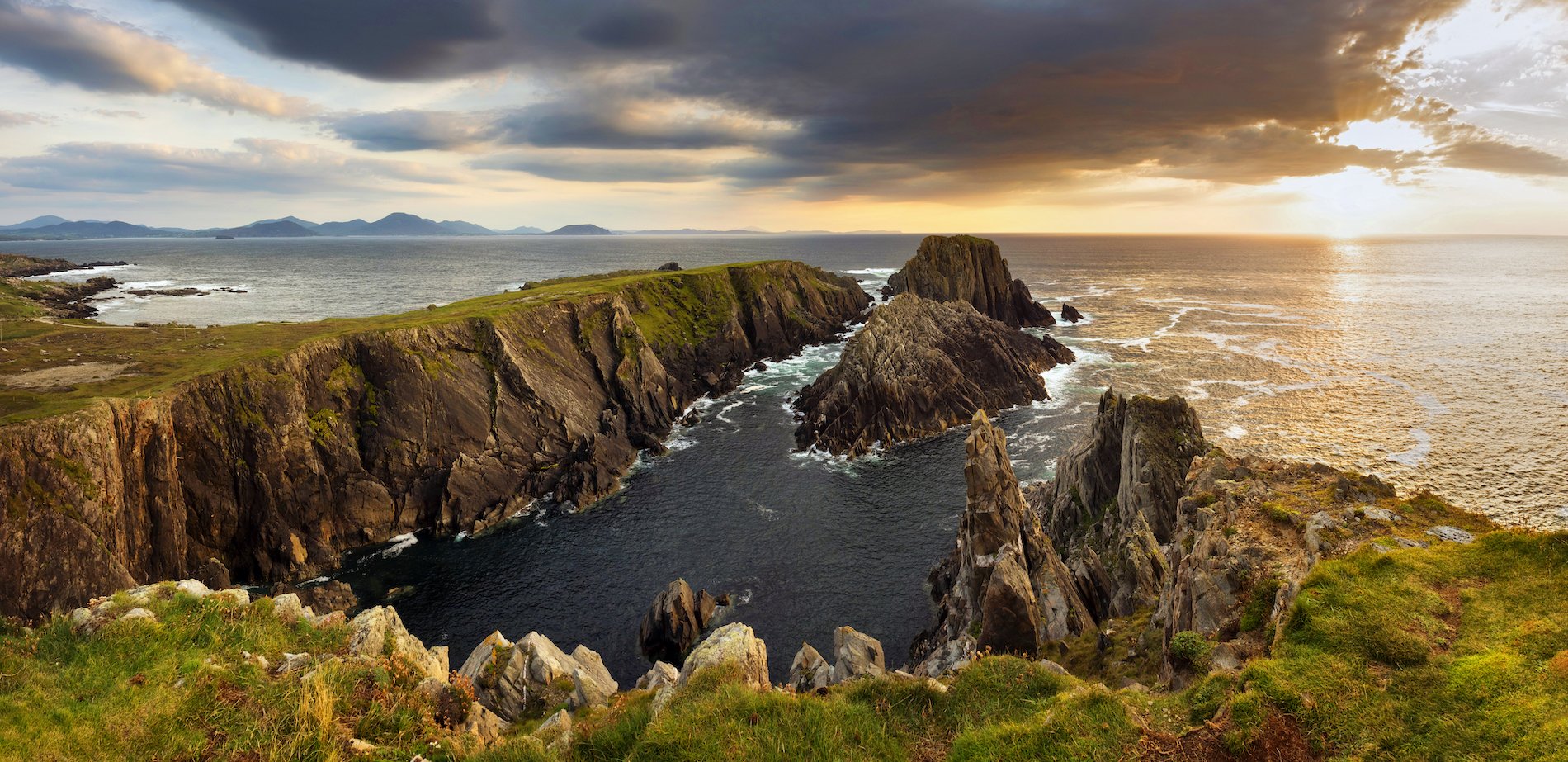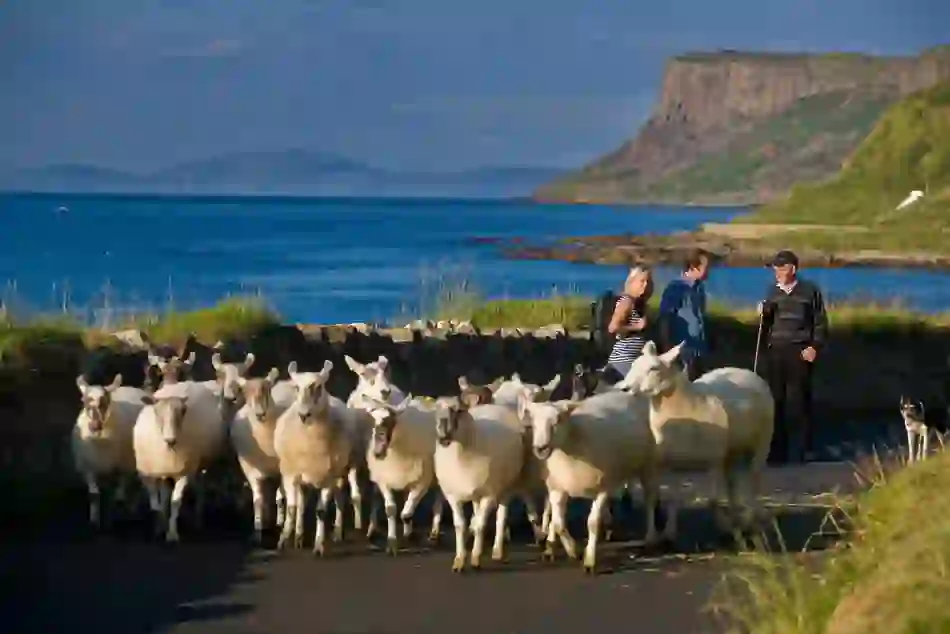
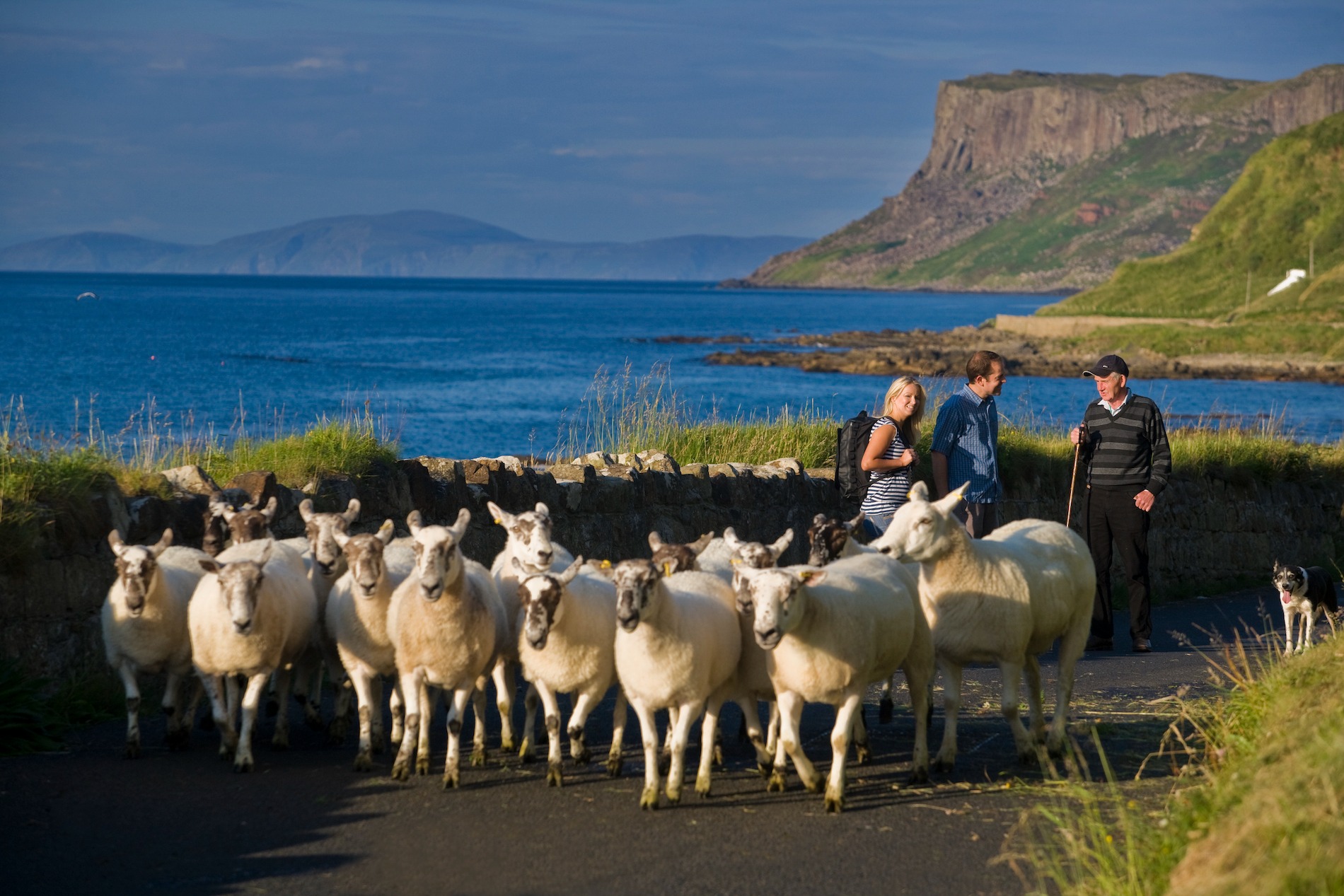
Slang you need to know before visiting Ireland
One thing about the locals on the island of Ireland – we’re great storytellers. We have a way with words here that has charmed the globe, but some phrases may be hard to decipher. So… allow us to illuminate you with these “deadly” (great) tips on Ireland’s slang.

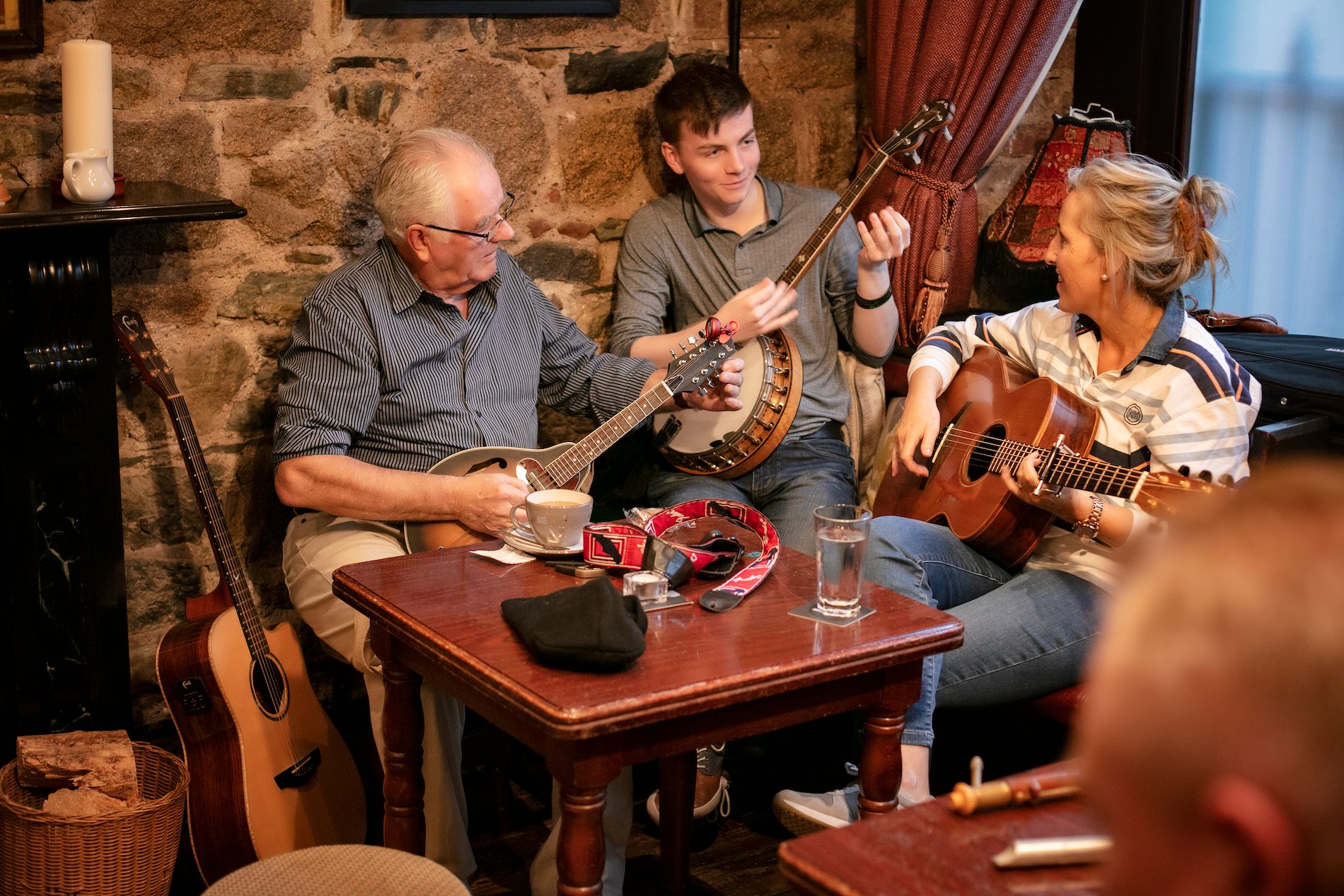
Rostrevor Inn, County Down
Craic
It means fun – as in, “they’re great craic”, or “the night out was great craic”. But it can be used other ways, too. So if you meet someone, they may say “what’s the craic?” which translates to “what’s going on?”. This is one you’ll want to know to avoid some potentially questionable conversations!

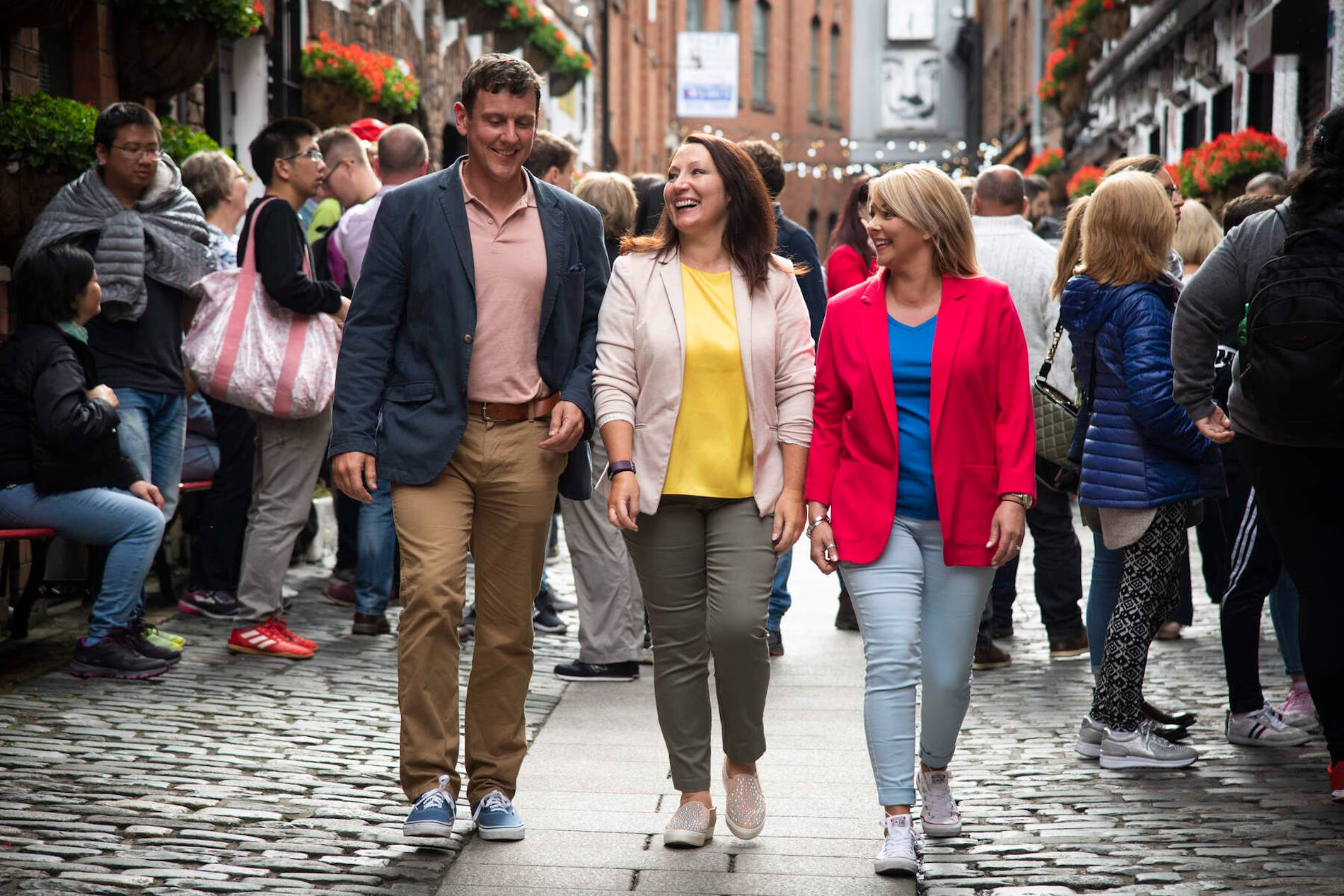
Cathedral Quarter, Belfast
Bout ye
In Northern Ireland, we say "bout ye" when we’re saying “how are you?” So it’s like, “what about you?” in a greeting. No doubt a local would be very impressed if you were to answer this turn of phrase easily!

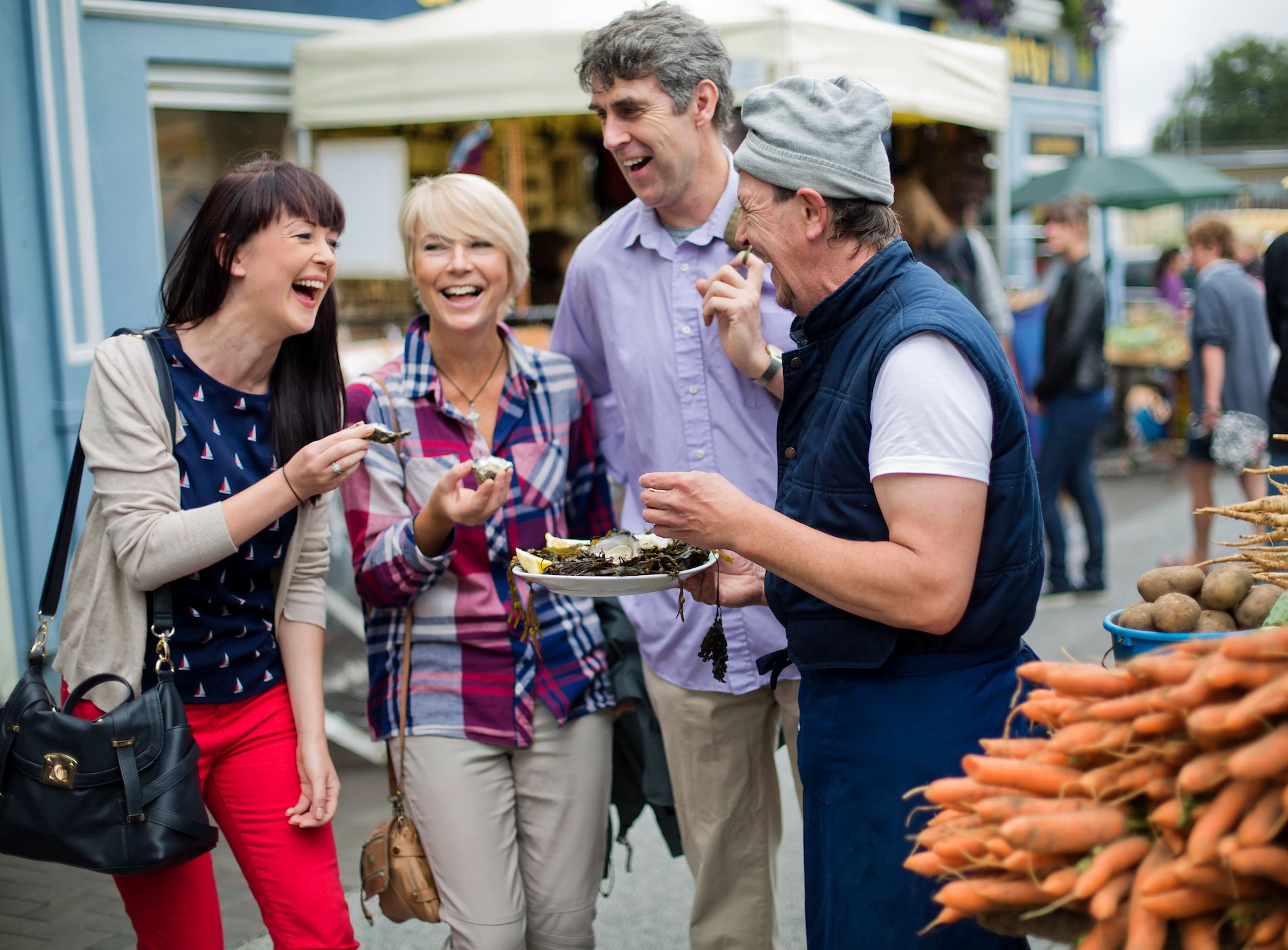
Food market, Galway city
Gas
This is one you will definitely hear that’s sure to raise an eyebrow if you’re not in the know! “You’re gas” is like saying – “you’re hilarious” or “you make me laugh”. For example, “did you meet Siobhán yesterday? She’s gas!”.

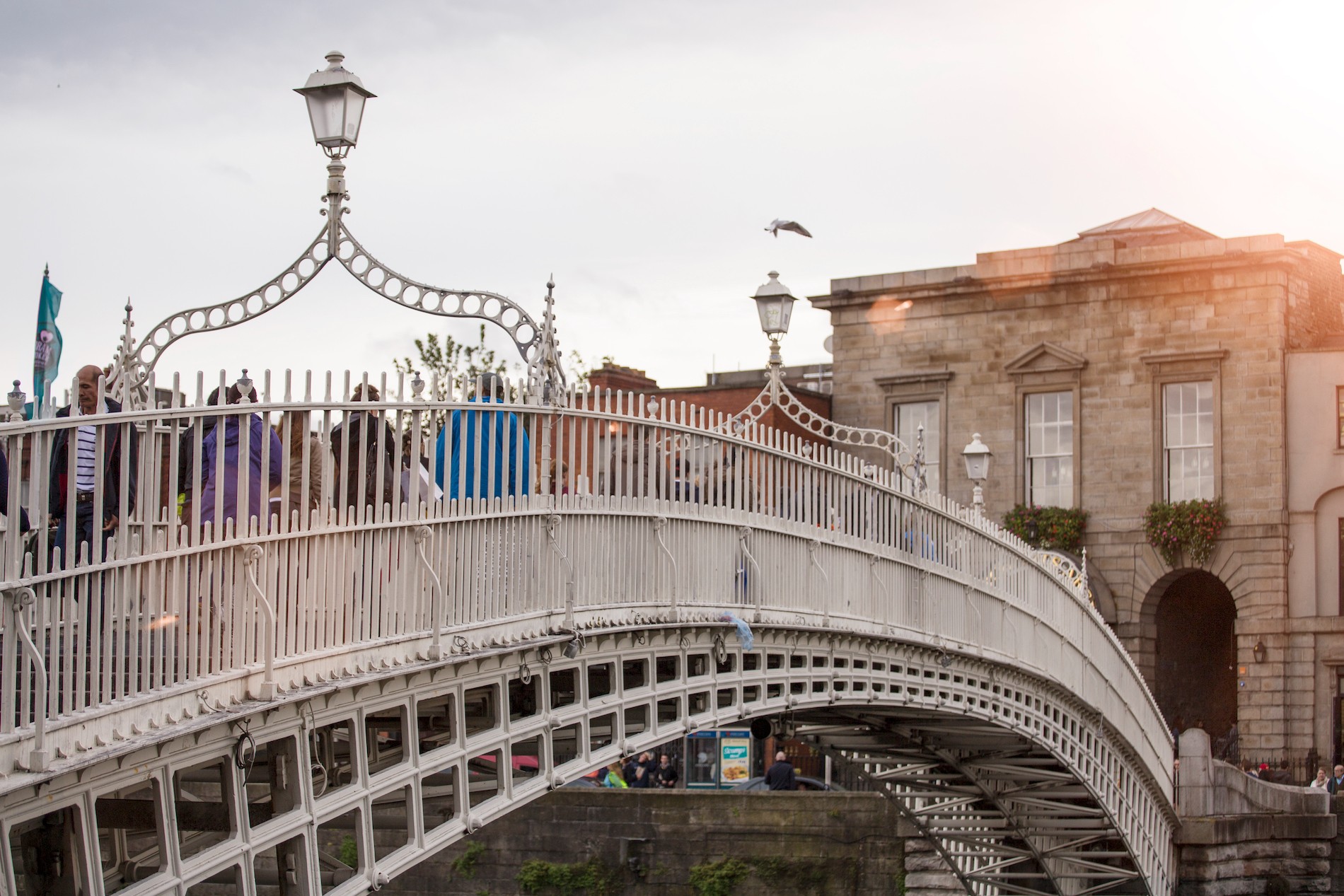
Ha'penny Bridge, Dublin
What’s the story?
This one means "how are you?". It can be shortened to "story?" as a question. If you really want to impress, try and shorten the phrase based on the person you’re speaking to for a very conversational and informal tone. You can say "story, Johnno?"

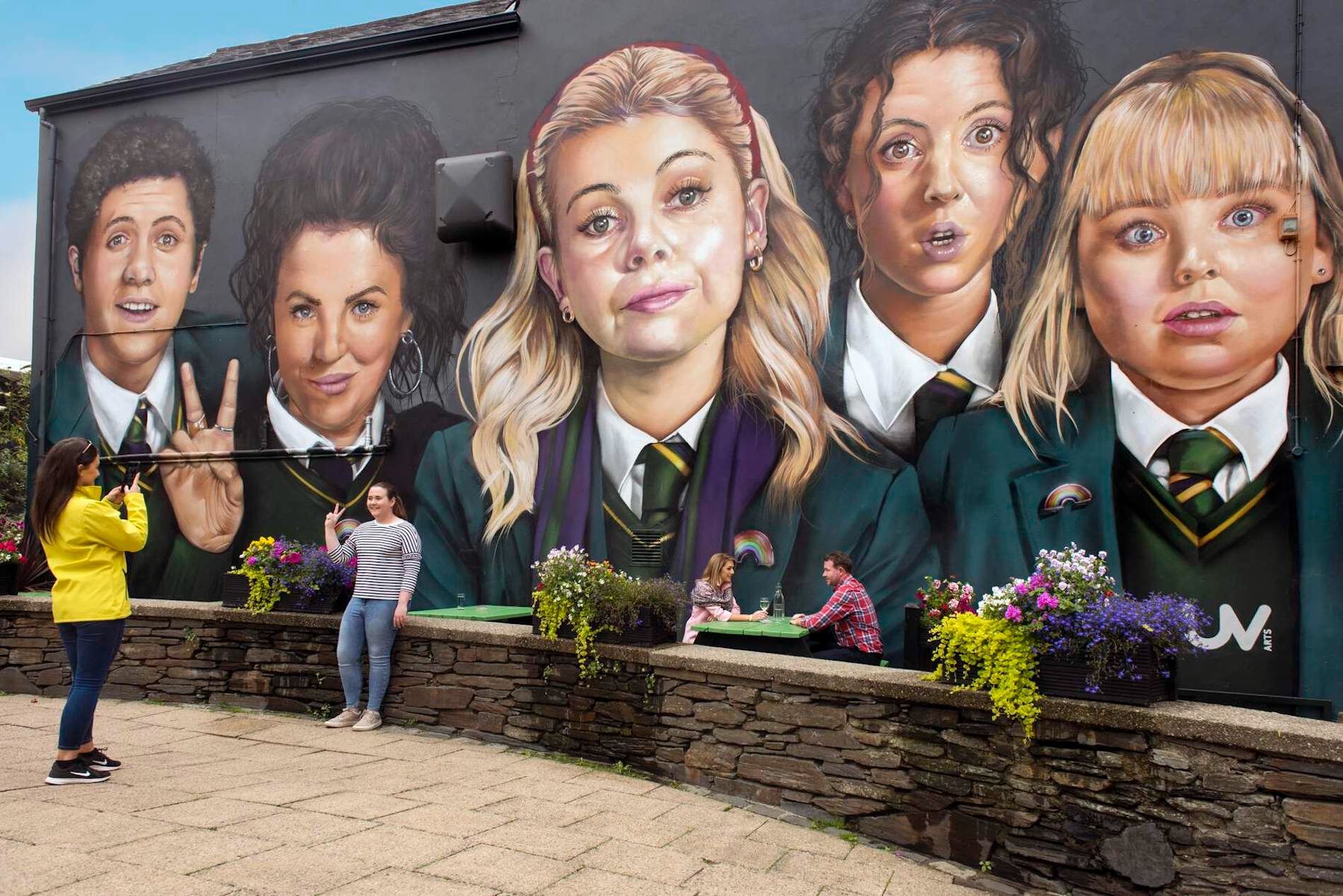
Derry Girls, Derry~Londonderry
Catch yourself on
You may remember this iconic phrase from the hit TV series Derry Girls! This Northern Ireland gem means cop on, get real or stop being ridiculous. It’s no wonder it’s Michelle’s catchphrase! It's especially popular where the show is based, Derry~Londonderry.

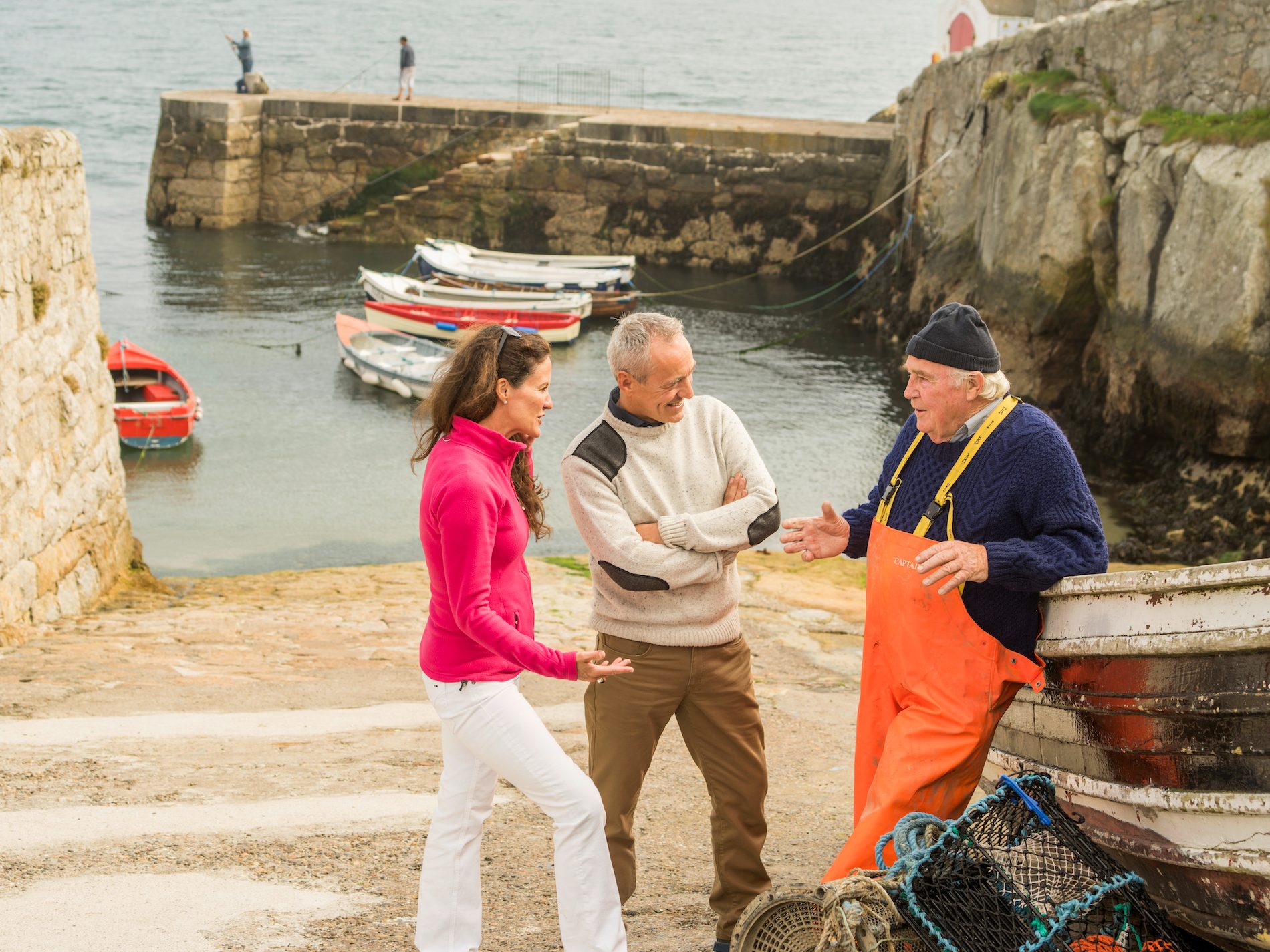
Coliemore Harbour, Dalkey, County Dublin
Dead on
As you can see, Ireland’s slang is never what it seems. Despite what it might sound like, this phrase is complimentary! It means someone or something is all right – they’re “dead on”. And if someone says someone is “dead sound”, it means the same thing – they are genuinely a nice person.

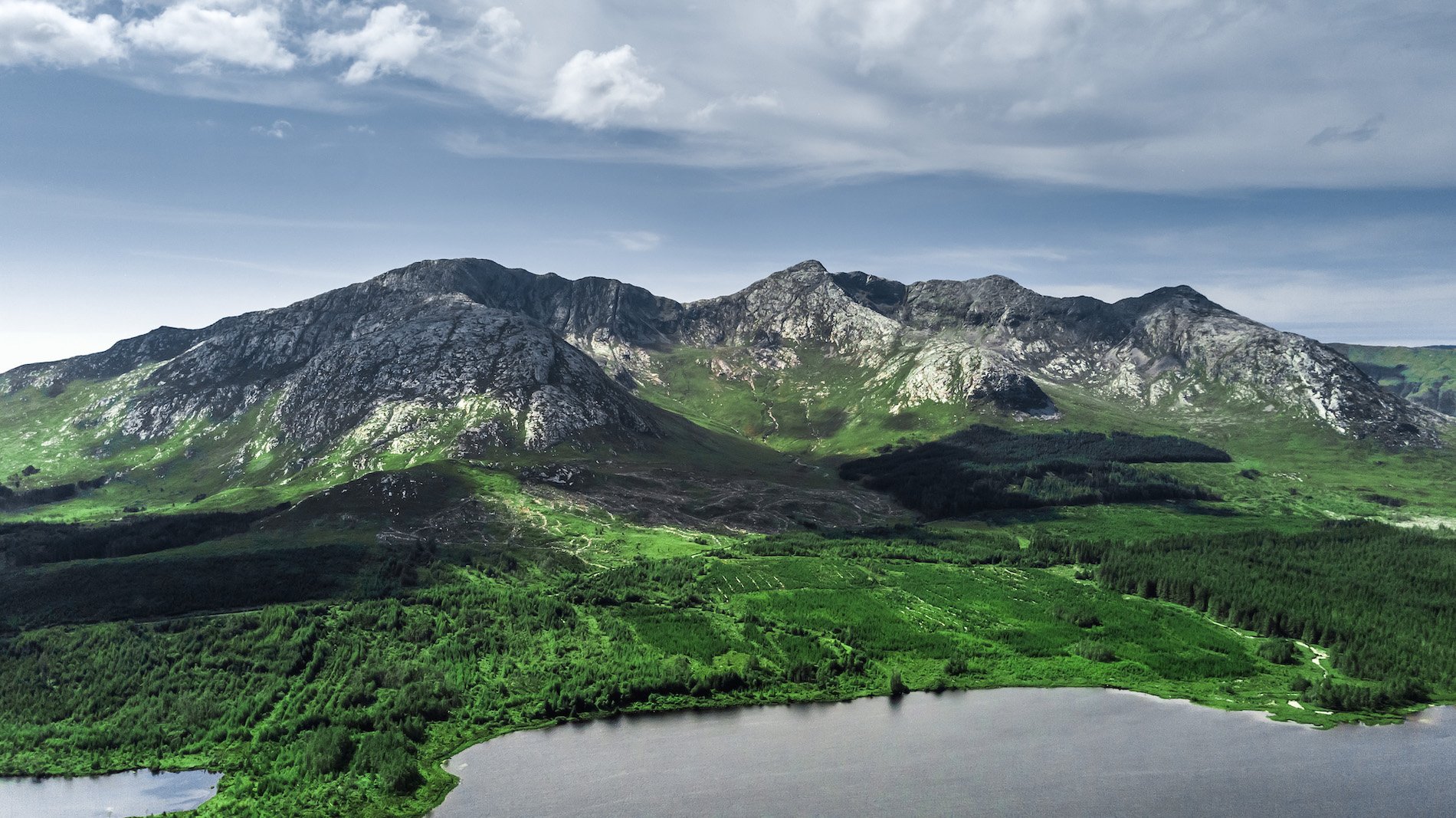
Connemara, County Galway
Savage
Don’t be alarmed – this isn’t a warning of a dangerous assailant nearby! If someone says “that’s savage” or “you’re savage” they simply mean “that’s fantastic” or “you’re great!”. Oscar Wilde once described the gorgeous region of Connemara as “a savage beauty”, that artistically refers to the landscape's wild nature and breathtaking views – we can’t say we disagree!

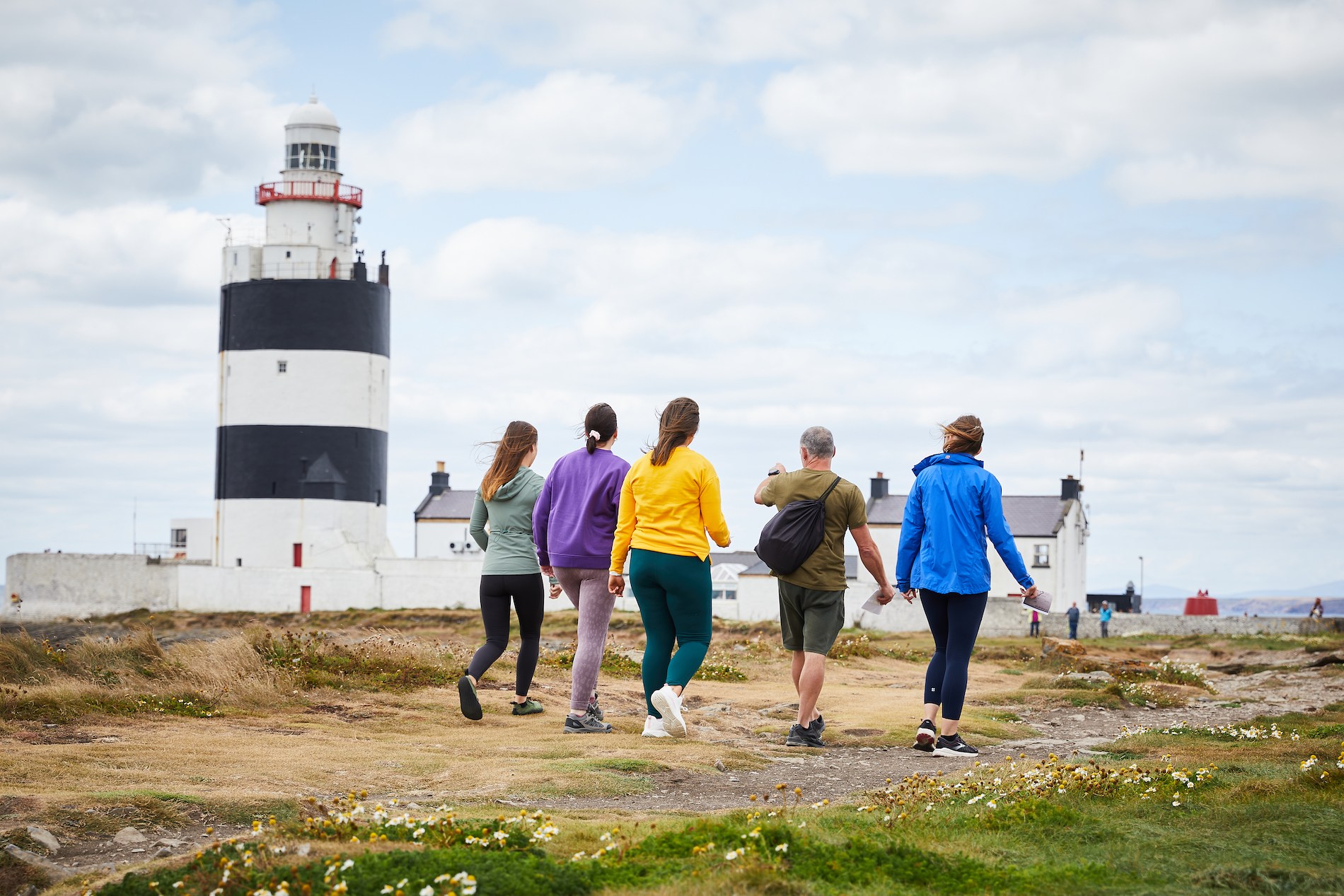
Hook Head, County Wexford
I will yeah
This phrase is all in the tone and you’re sure to hear that hint of sarcasm with this one! “I will yeah” translates to – “I absolutely will not”! And there’s more where that comes from… If someone says “ah would you go away!” they don’t mean it literally, they mean it in a shocked or disbelieving way. It’s the equivalent of “oh wow, really?”.

